International economic integration is an inevitable trend; however, with many limitations in capacity, small and medium enterprises are facing difficulties in this process.
'Voice of the heart' of the business
Mr. Ngo Sy Hoai - Vice President and General Secretary of the Vietnam Timber and Forest Products Association - expressed that the wood industry has developed strongly in recent years. For interior and exterior wood products, Vietnam has risen to the second largest exporter in the world, just behind China.
Because it is an 'external' industry with large export value, most businesses are small and medium-sized, so they really need the support of foreign trade and diplomatic agencies.
The first factor, according to Mr. Hoai, is that businesses need external communication. The wood industry is exporting products to 140 countries and territories. Meanwhile, wood is very sensitive because it is associated with forests, so exported products are often very carefully inspected.
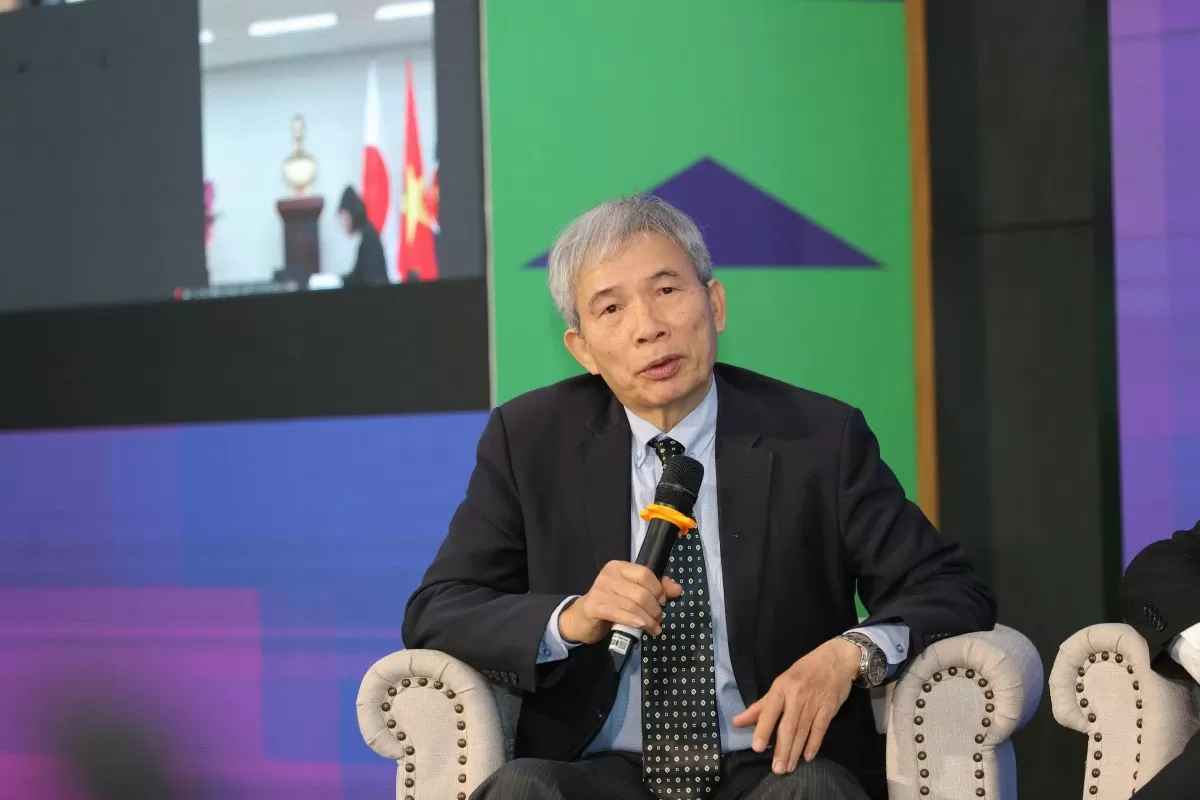 |
| Mr. Ngo Sy Hoai - Vice President and General Secretary of Vietnam Timber and Forest Products Association |
Vietnam has made a strong commitment and proactively implemented forest protection measures such as: Closing natural forests since 2014; signing a Voluntary Partnership Agreement with the EU to ensure sustainable forest governance and timber trade.
“ We really want stronger external communications, sending out the message that Vietnam is determined to develop a responsible and sustainable wood industry. This is very helpful for Vietnam's wood product exports ,” Mr. Hoai emphasized.
For example, in the first quarter of 2024, aluminum profiles of some businesses could not clear customs into the Australian market, Ms. Ly Thi Ngan - Chief of Office of the Vietnam Aluminum Profile Association - stated that the reason was because Australia had just imposed a 9% anti-dumping tax on Vietnamese aluminum profiles. Businesses had no information so they could not access information about this policy.
Ms. Ngan also said that immediately after receiving the feedback, the Association contacted the Vietnam Trade Office in Australia and the Department of Trade Defense (Ministry of Industry and Trade) to update full information and disseminate it to businesses.
“ This incident once again emphasizes the extremely important role of policy information, which should even be considered an asset and directly affect the production and export of enterprises ,” Ms. Ngan affirmed. At the same time, she suggested that Vietnamese Trade Offices abroad access information and disseminate it more quickly and widely, helping enterprises grasp, implement and avoid risks.
“ Because in addition to tax costs, businesses also have to bear huge costs of storing containers at ports, affecting orders and relationships with partners ,” said a representative of the Vietnam Aluminum Profile Association.
Mr. Nguyen Duc Hung - CEO of Global Food Company shared that when participating in export activities, competition does not only stop at the enterprise level but also shows the general competitiveness of Vietnamese products and goods in the international market.
Therefore, in addition to the efforts of the enterprises themselves, the companionship and support of Vietnamese representative agencies abroad will help enterprises penetrate deeper and deeper into the global supply chain, thereby contributing to affirming Vietnam's position on the world economic map.
Mr. Hung also proposed that trade agencies build information connection channels, including the roles of trade agencies, state management agencies, associations and enterprises to create smooth information transmission.
Recommendations from the trade agency
International economic integration, according to representatives of many industry associations, is a mandatory trend for export enterprises today and affirms the extremely important supporting role of Vietnamese representative agencies abroad.
Over the past years, Vietnamese trade offices abroad have performed very well in their role as 'ambassadors' in bringing Vietnamese goods further into the world market.
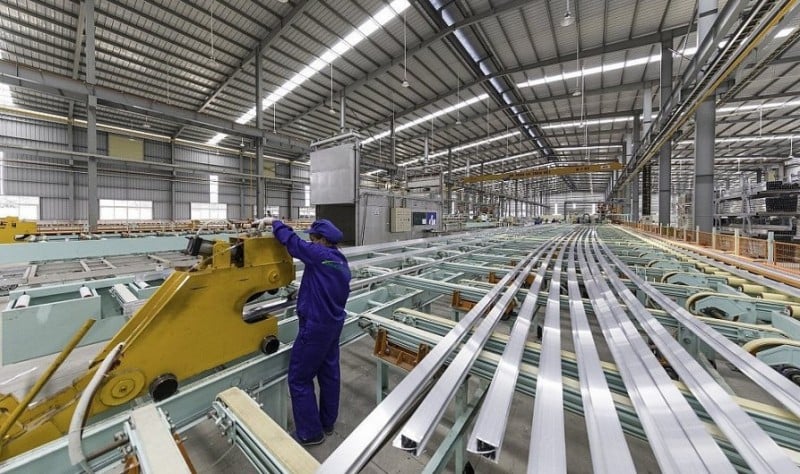 |
| Aluminum profiles - a high-value export item of Vietnam. Illustrative photo |
As a unit that has effectively supported businesses in accessing the Korean market, Mr. Pham Khac Tuyen - Commercial Counselor, Vietnam Trade Office in Korea - informed that in 2024, Vietnam's import and export to Korea will achieve a fairly high growth rate and recover very quickly after the Covid-19 pandemic. This year, the growth is expected to be about 8.6%, of which the export turnover is estimated at 23.4 billion USD.
Vietnam’s key export items such as textiles, transport vehicles and machinery all achieved high growth rates. “ Looking at Vietnam’s key export items, it can be seen that small and medium-sized enterprises have made significant contributions to export growth to this market ,” said Mr. Pham Khac Tuyen.
However, in addition to favorable factors, when entering the Korean market, Vietnamese small and medium enterprises also need to determine that they will face fierce competition. Competitors are not only Korean enterprises but also those from other countries, such as the ASEAN region and Central and South America.
In addition, Korea has very high quality requirements, even higher than Europe and the United States. Lack of market information is a problem that small and medium-sized enterprises are facing. Along with that is a lack of knowledge about consumer trends, customer needs, as well as legal issues when registering products and resolving disputes.
To support businesses in overcoming the above difficulties, the Vietnam Trade Office in Korea is also implementing activities to provide market information, organize trade promotion and support legal procedures for Vietnamese small and medium enterprises. The activities of the Trade Office always accompany businesses, supporting from research to market penetration.
Sharing the same view, Mr. Tran Thanh Tung - Counselor of the Vietnamese Embassy in India - said that small and medium enterprises have great potential to expand exports to India because this market has stable politics, large population and large consumer demand.
However, when penetrating the Indian market, Vietnamese small and medium enterprises will also face some difficulties due to differences in business environment, legal, business culture as well as infrastructure, especially in rural areas in India. " Many Vietnamese enterprises still lack adequate information about demand, consumer trends and business characteristics in India ," said Mr. Tung.
The distribution and supply chain systems in India are complex. India also has cultural and linguistic diversity and the approach to business in India is often based on personal relationships.
To successfully penetrate the Indian market, Vietnamese businesses need to apply a reasonable strategy, combining a deep understanding of the market, business culture, transaction processes and how to establish effective partnerships.
Thus, it can be seen that in order to integrate into the international economy, Vietnamese small and medium enterprises need to clearly understand and regularly update market information, especially import and export policies.
In addition, representatives of Vietnamese trade offices abroad also recommend that businesses regularly participate in trade promotion activities to learn about the market; attend seminars to understand and comply with legal regulations, including import tax policies, and have flexible and long-term plans to adapt to changes in policies.
| Strong external communication and updated policy information, especially new regulations on import and export, are important factors that small and medium enterprises expect to be better supported in the process of international economic integration. |
Source: https://congthuong.vn/hoi-nhap-kinh-te-doanh-nghiep-vua-va-nho-mong-muon-gi-367891.html


































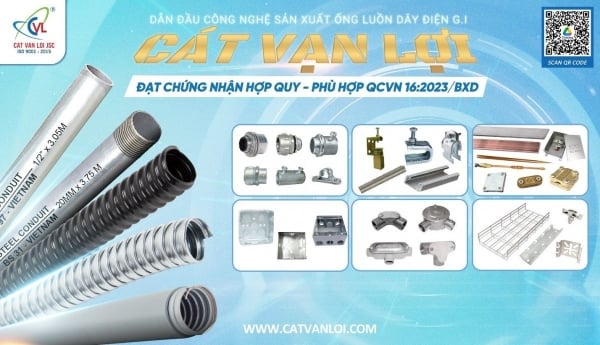


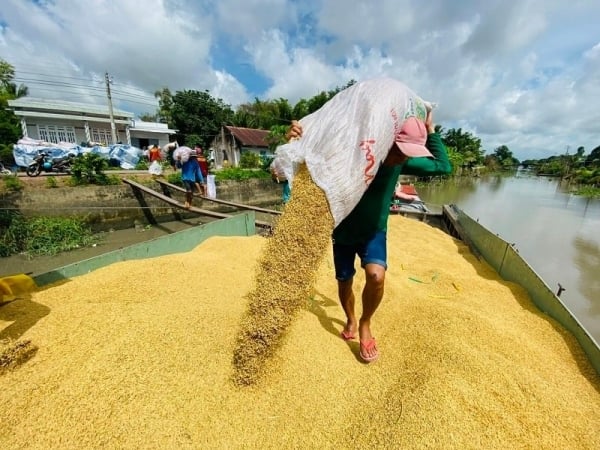

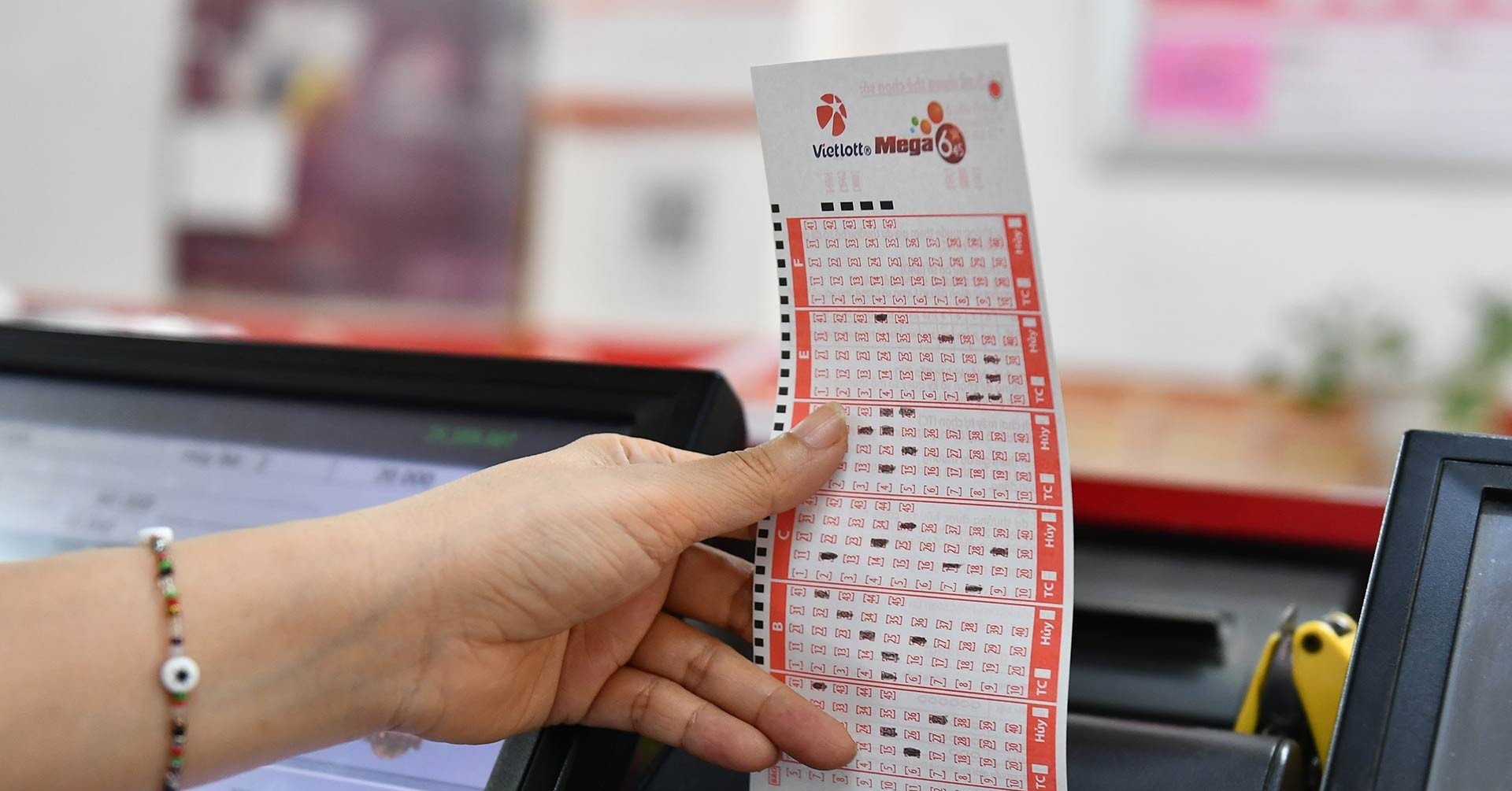


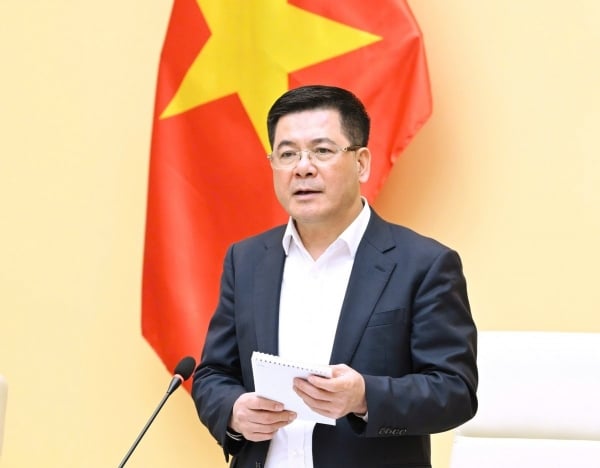
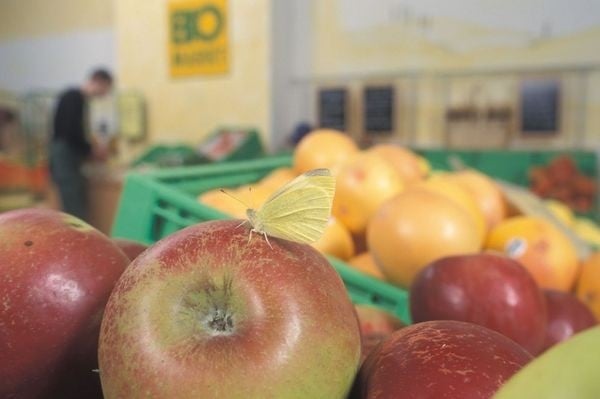
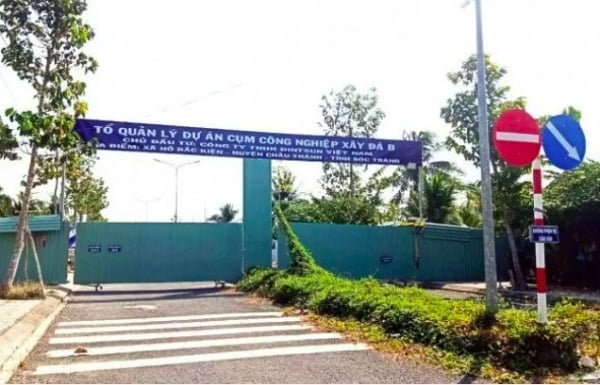



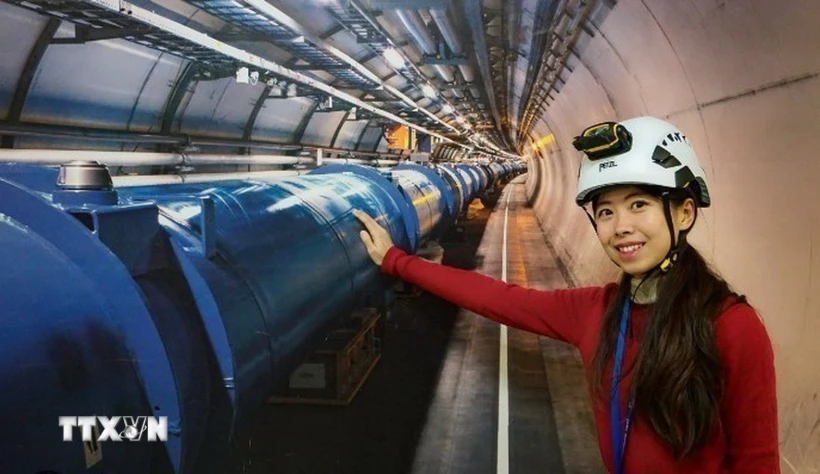





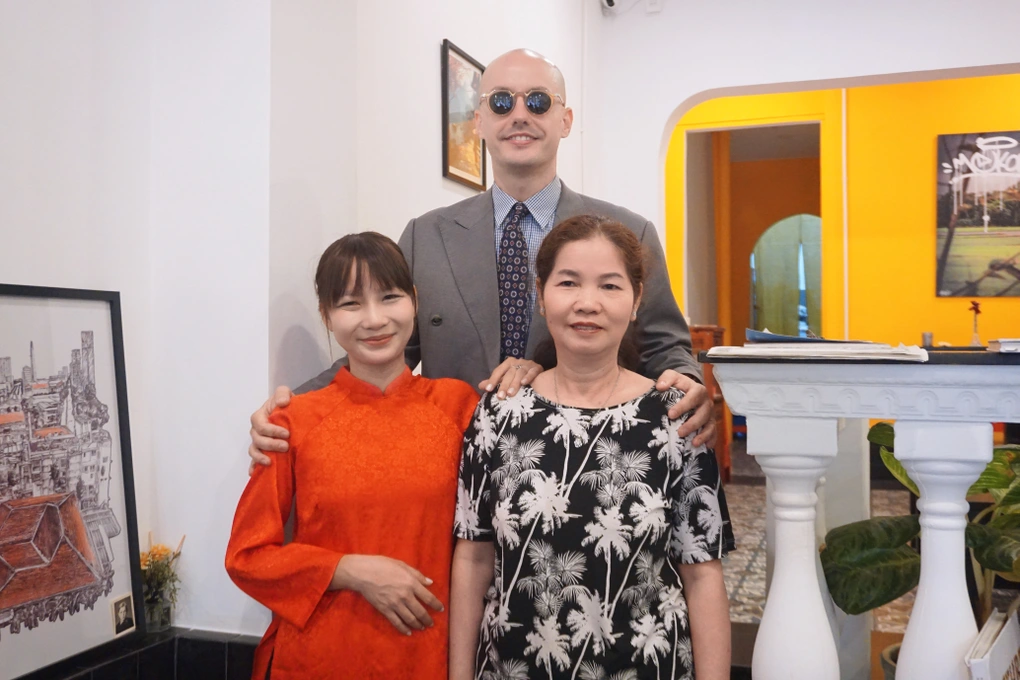





Comment (0)